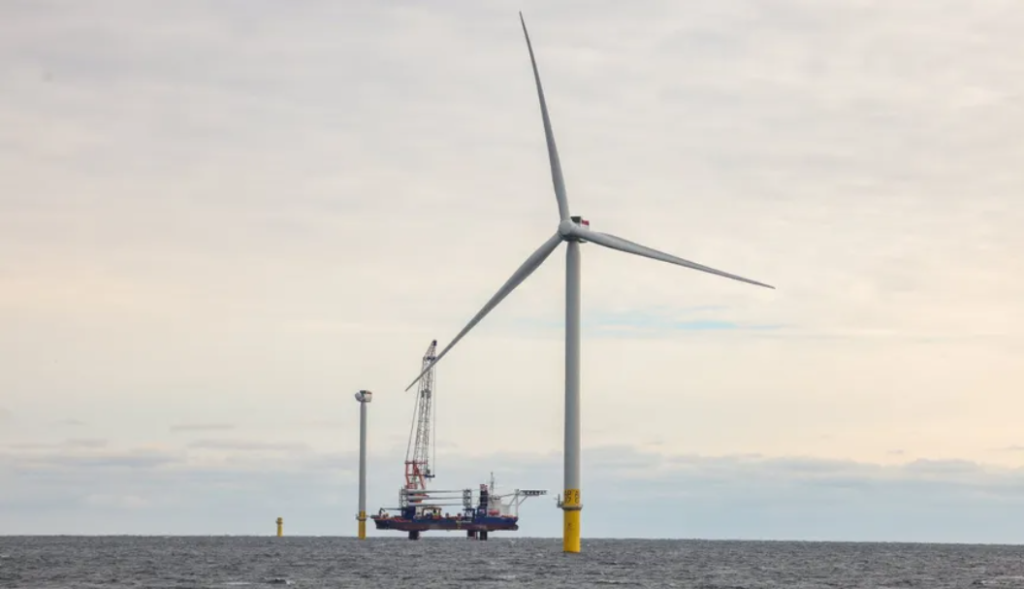The Merchant Marine Act of 1920 (aka “The Jones Act”) is a law which requires ships operating between US ports to be owned by, made in, and crewed by US citizens.
While many “Made in the USA” laws are on the books and attract the anger of economists and policy wonks, the Jones Act is particularly egregious as the costs and effects are so large. The Jones Act costs states like Hawaii and Alaska and territories like Puerto Rico dramatically as they rely so much on ships for basic commerce that it was actually cheaper for Hawaii and New England to import oil from other countries (like Hawaii did from Russia until the Ukraine war) than it was to have oil shipped from the Gulf of Mexico (where American oil is abundant).
In the case of offshore wind, the Jones Act has pushed those companies willing to experiment with the promising technology, to ship the required parts and equipment from overseas because there are no Jones Act-compliant ships capable of moving the massive equipment that is involved.
This piece from Canary Media captures some of the dynamics and the “launch” of the still-in-construction $625 million Jones Act-compliant ship the Charybdis Dominion Energy will use to support its offshore wind facility.
To satisfy that mandate, Dominion commissioned the first-ever Jones Act–compliant vessel for offshore wind installation, which hit the water in Brownsville, Texas, last week. The hull welding on the 472-foot vessel is complete, as are its four enormous legs, which will hoist it out of the water during turbine installation. This $625 million leviathan, named Charybdis after the fearsome sea-monster foe of Odysseus, still needs some finishing touches before it sets sail to Virginia, which is expected to happen later this year.
Charybdis’ completion will be a win for what’s left of the American shipbuilding industry. The Jones Act, after all, was intended to bolster American shipbuilders and merchant seamen in the isolationist spell following World War I. But a century later, it creates a series of confounding and counterintuitive challenges for America’s energy industry, which frequently redound poorly for most Americans.
…
Elsewhere in the energy industry, the expense and difficulty associated with finding scarce Jones Act–compliant ships push certain American communities to rely more on foreign energy suppliers. Up until 2022, Hawaii turned to Russia for one-third of the oil that powered its cars and power plants. The Jones Act made it too hard or costly to import abundant American oil to the U.S. state, leaving Hawaii scrambling for other sources when Russia invaded Ukraine.
Over in New England, constraints on fossil-gas pipelines sometimes force the region to import gas via LNG terminals. The U.S. has plenty of fossil gas to tap in the Gulf of Mexico, but a lack of U.S. ships pushes Massachusetts and its neighbors to buy gas from other countries instead.

US offshore wind needs American-made ships. The first is nearly ready
Julian Spector | Canary Media

Leave a Reply